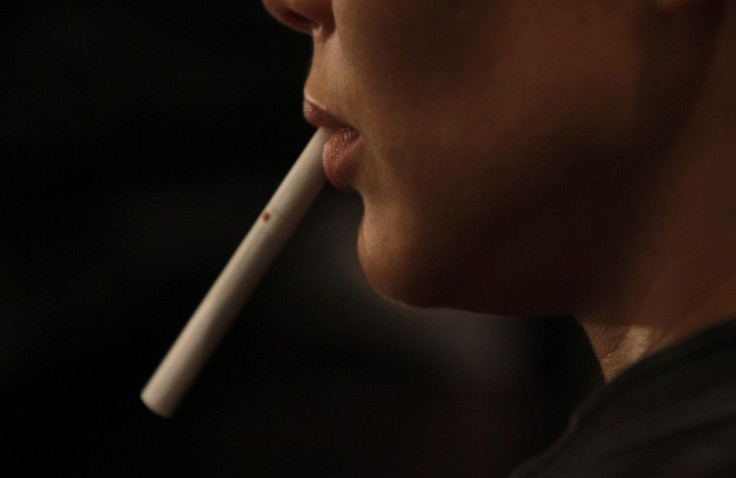Soviet-Era Pill From Bulgaria is a Cheap Way to Help Smokers Quit

A Soviet-era smoking-cessation remedy from Bulgaria may be the best and cheapest method to get cigarette smokers to quit.
The drug, cytisine, has been used in Eastern Europe for more than 40 years. The medication, which is sold under the brand-name Tabex by the Bulgaria-based Sopharma AD, is derived from laburnum seeds, which contain a natural nicotine substitute. Dr. Robert West, a professor at the University College London whom led a recent study on cytisine, told The Associated Press that it was discovered by the Soviet Union when it expanded its drug research to Bulgaria. Russian soldiers referred to it as fake tobacco.
Researchers believe cytisine may be the key to helping millions of smokers in developing countries -- where the World Health Organization reports most of the six million people who die from tobacco each year are located -- although it is unclear as to whether it will ever hit the market in the U.S. and Western Europe.
A study by West and his colleagues published in the New England Journal of Medicine this week suggests cytisine can triple a smokers' chance of kicking the habit after one year compared with those taking a placebo pill.
The study, the first major test of cytisine's safety and effectiveness, involved 740 smokers in Poland. Over a 25-day-period, half of the smokers were given cytisine pills multiple times a day to reduce their nicotine cravings, while the other were given dummy pills, with neither group informed of which pill they were taking. After one year, researchers report that 2.4 percent of those taking the placebo pills had stopped smoking, versus 8.4 percent of those taking cytisine.
Patients are typically weaned off cytisine, starting with six pills a day and cutting down to two by the end of the treatment. So far, there have been no serious side effects recorded in the more than seven million people who have taken the drug over the past 40 years.
Moreover, with generic versions that cost as little as $5 to $17 per month, cytisine is considerably more affordable than smoking cessation treatments that are common in developed for nations. For instance, The AP reports that an eight-week supply of nicotine patches averages out to about $100 while a 12-week supply of Chantix, manufactured by Pfizer Inc., can cost $300.
Cytisine is so cheap that even in developing countries, if you can afford to smoke, you can afford to stop, West told The AP.
Extab, a Sopharma subsidiary, has purchased the worldwide rights to market cytisine in developing nations such as China and India.
Tobacco kills more than six million people each year and is one of the leading public health threats on the glove, according to WHO. The organization reports that tobacco will likely lead to the premature deaths of about half of the estimated one billion people who currently smoke cigarettes.
© Copyright IBTimes 2024. All rights reserved.





















